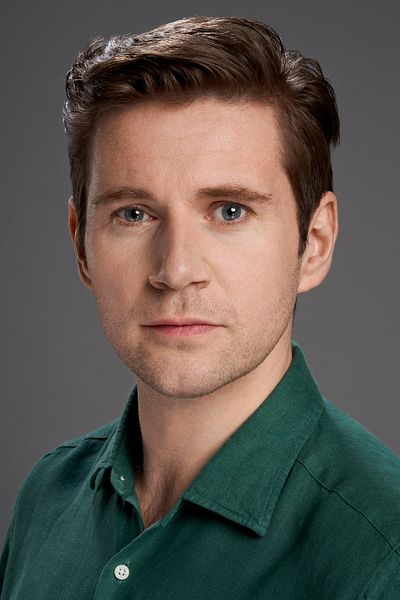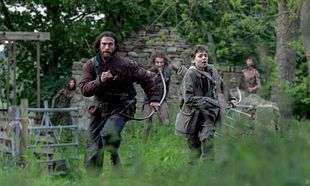If you're in the thrall of 'Downton Abbey', then sure, this is everything you could want and more. For anyone else, it's two hours of well-meaning, well-constructed propaganda for aristocracy.
A royal visit at Downton Abbey sees the Crawley family, the domestic servants and the townspeople in a flurry of excitement. However, while the royal visit upsets the natural order of things in Downton Abbey, Tom Branson (Allen Leech) is visited by a mysterious military officer, while Lord Grantham (Hugh Bonneville) and the Dowager Countess (Maggie Smith) cross paths with their estranged family member, Lady Maud Bagshaw (Imelda Staunton).
It's hard to review 'Downton Abbey' when you've never watched a single episode of the television series, and it's likely the same for anyone being asked to look at 'Avengers: Endgame' without having similar context to understand what's going on. 'Downton Abbey' also comes to screens at a time when Anglo-Irish relations aren't exactly the healthiest they've been. To top it all of, the manner in which 'Downton Abbey' - not just in this movie, but presumably throughout the series - venerates and glorifies the social class structure in early 20th century Great Britain is going to rankle against just about anyone who thinks the idea of hereditary titles and inherited lands are nothing more than high-minded cosplaying.
Still, approaching 'Downton Abbey' with even the slightest hint of cynicism is going to make the thing seem utterly pointless. More to the point, the movie - from the script by Julian Fellowes to the cast themselves - really don't care if you haven't watched the television series before. It's not for you in the slightest. There are zero attempts to try and bridge the gap between those who may have a passing awareness of it, and those who drink in the gilded age like so many cups of tea in fine porcelain cups and champagne coupes. Again, nobody would criticise or begrudge 'Avengers: Endgame' and the Marvel Cinematic Universe of the same licence, so why do it here to a TV show about rich English people?
The movie goes to great lengths to squeeze in just about everyone from the series, with one character literally zooming in on a car for literally two minutes and then disappearing again. Not only that, because of the gluttony of characters and unresolved storylines for them, 'Downton Abbey' ping-pongs relentlessly between them in an attempt to squeeze an entire season's worth of episodes into two hours' worth of quips, gasps and pearl-clutching. Even newcomers like Imelda Staunton barely get enough of a chance to make an impact, before it's over on some other storyline that cuts itself off before it can mature into anything meaningful. Still, it's a decent attempt at condensing by Fellowes, and Michael Engler's direction is perfunctory but assured.
Yet, in spite all of this and the assured performances by the cast throughout, it's impossible to shake the feeling that 'Downton Abbey' is a product of a television era that has long since passed its sell-by date. The stakes are pitifully low here, and the sycophancy and deference shown to the aristocracy throughout the movie would have the mildest of people constructing a guillotine by the end credits.
If you're in the thrall of 'Downton Abbey', then sure, this is everything you could want and more. For anyone else, it's two hours of well-meaning, well-constructed propaganda for aristocracy.



















































































